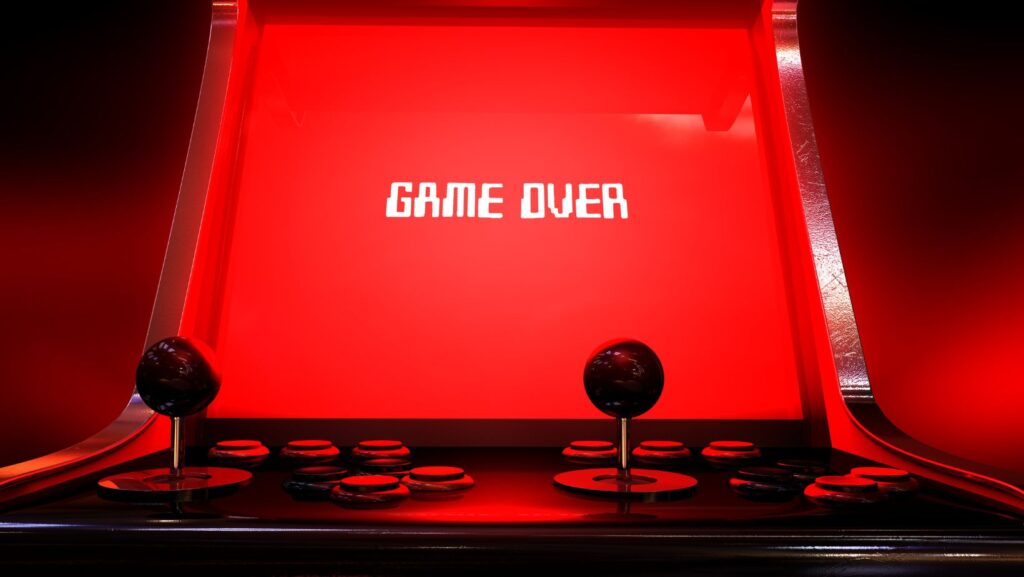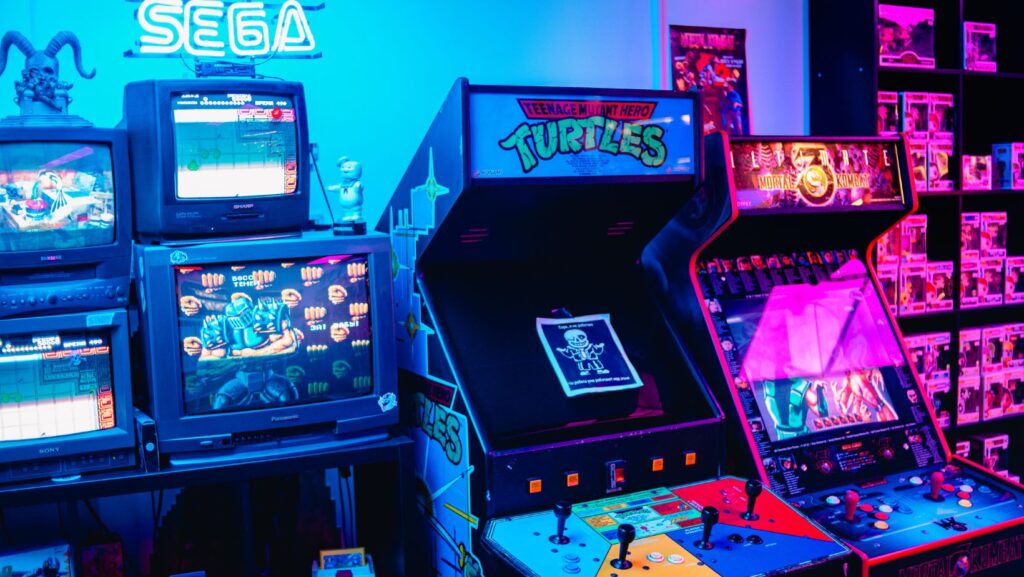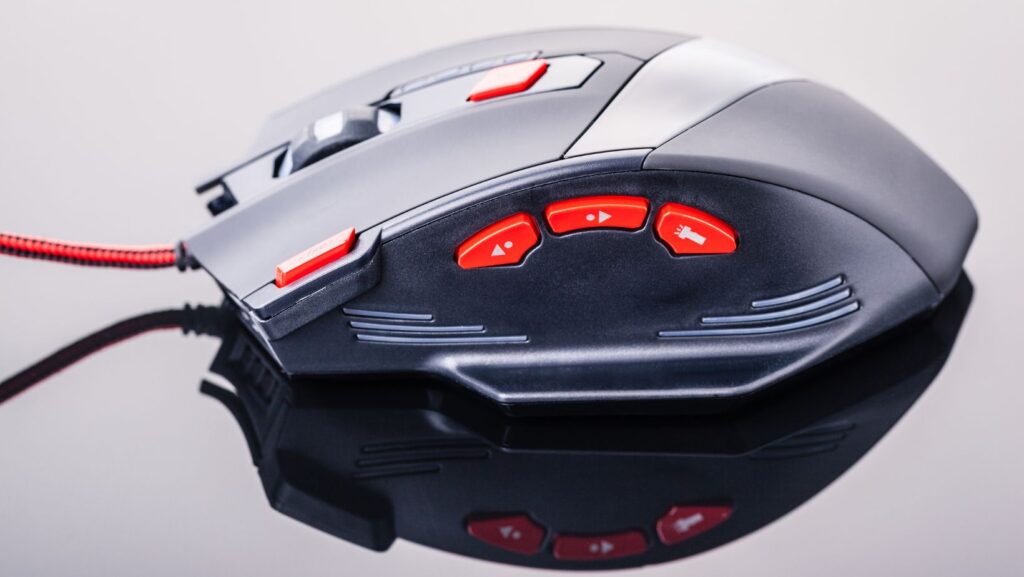In the realm of classic gaming, Game Gear ROMs hold a special place in the hearts of enthusiasts. These digital files encapsulate the essence of games once played on Sega’s prominent handheld system, the Game Gear, launched in 1990. As retro gaming continues to surge in popularity, the demand for these nostalgic gems rises, offering a portal back to the pixelated adventures that many remember fondly.
Game Gear ROMs
Game Gear ROMs play a crucial role in the digital preservation of video game history. They ensure that classic games from the Sega Game Gear console remain accessible and playable, even as original hardware becomes rare.
Importance in Gaming History
 Game Gear ROMs serve as vital archives for the 8-bit gaming era, capturing a significant period in the development of handheld consoles. Sega’s Game Gear, released in 1990, spanned a unique collection of titles, many of which are no longer available in their original form. By facilitating these ROMs, historians and enthusiasts can explore the evolution of gaming technology and game design that might otherwise be lost to time.
Game Gear ROMs serve as vital archives for the 8-bit gaming era, capturing a significant period in the development of handheld consoles. Sega’s Game Gear, released in 1990, spanned a unique collection of titles, many of which are no longer available in their original form. By facilitating these ROMs, historians and enthusiasts can explore the evolution of gaming technology and game design that might otherwise be lost to time.
Game Gear ROMs also offer insights into the competitive landscape of the early 90s handheld market, where Sega attempted to rival Nintendo’s Game Boy. This competition pushed the boundaries of what portable systems could achieve, as highlighted by Game Gear’s backlit screen and color graphics. Through these ROMs, one can appreciate the innovations Sega brought to the table, influencing future developments in the gaming industry.
Types of Game Gear ROMs
Classic Game Titles
 Classic Game Titles ROMs encompass the original games released for the Sega Game Gear during its peak years. Examples of these titles include “Sonic the Hedgehog,” “Shinobi,” and “Dragon Crystal.” These games embody the essence of 8-bit gaming and are sought after for both their historical significance and nostalgic appeal. Collectors and gamers often seek out these ROMs to experience the gameplay that defined the early ’90s handheld gaming scene.
Classic Game Titles ROMs encompass the original games released for the Sega Game Gear during its peak years. Examples of these titles include “Sonic the Hedgehog,” “Shinobi,” and “Dragon Crystal.” These games embody the essence of 8-bit gaming and are sought after for both their historical significance and nostalgic appeal. Collectors and gamers often seek out these ROMs to experience the gameplay that defined the early ’90s handheld gaming scene.
Modified and Homebrew ROMs
Modified and Homebrew ROMs represent adaptations or entirely new creations by enthusiasts and developers. These ROMs may include enhancements like improved graphics, bug fixes, or entirely new levels to the original Game Gear games. For example, a popular modified ROM might feature a classic Sega title but with added characters and revised game mechanics. Homebrew ROMs, on the other hand, are new games developed from scratch to run on Game Gear emulators. These provide fresh content and extend the lifecycle of the console beyond its commercial era, demonstrating the creativity and dedication of the Game Gear community.
Legal and Ethical Considerations
Copyright Issues
 Game Gear ROMs often contain copyrighted content. The creation of a ROM image, even from a legitimately purchased game, typically requires legal ownership of the original game. If Game Gear ROMs are distributed without consent, copyright infringement occurs. The rightful copyright holder claims legal protection over the intellectual property, including art, music, and software contained within the games.
Game Gear ROMs often contain copyrighted content. The creation of a ROM image, even from a legitimately purchased game, typically requires legal ownership of the original game. If Game Gear ROMs are distributed without consent, copyright infringement occurs. The rightful copyright holder claims legal protection over the intellectual property, including art, music, and software contained within the games.
Fair Use and Emulation
Fair use laws allow for limited exceptions which could make using Game Gear ROMs permissible under certain conditions. Emulation, which is running ROMs on modern software or devices, is legal if the emulator is self-created or legally obtained. However, accessing ROMs to use with the emulator typically requires permission unless used for educational or preservation purposes, where fair use might apply.
Ethical Consumption
 From an ethical standpoint, downloading Game Gear ROMs can be contentious. If gamers use ROMs to play games that are no longer commercially available, some argue this does not harm the copyright holders financially. Yet, intellectual property laws still provide these holders rights over their creations, regardless of commercial availability. Ethical considerations should guide users to seek legal avenues for accessing these games, such as purchasing from legitimate resellers or using approved emulation services.
From an ethical standpoint, downloading Game Gear ROMs can be contentious. If gamers use ROMs to play games that are no longer commercially available, some argue this does not harm the copyright holders financially. Yet, intellectual property laws still provide these holders rights over their creations, regardless of commercial availability. Ethical considerations should guide users to seek legal avenues for accessing these games, such as purchasing from legitimate resellers or using approved emulation services.
The takeaway for enthusiasts and developers engaged with Game Gear ROMs is to stay informed about the legal framework governing the use of such digital archives. They need to balance their desires to explore historical gaming landscapes with the responsibilities imposed by copyright and ethical practices.



